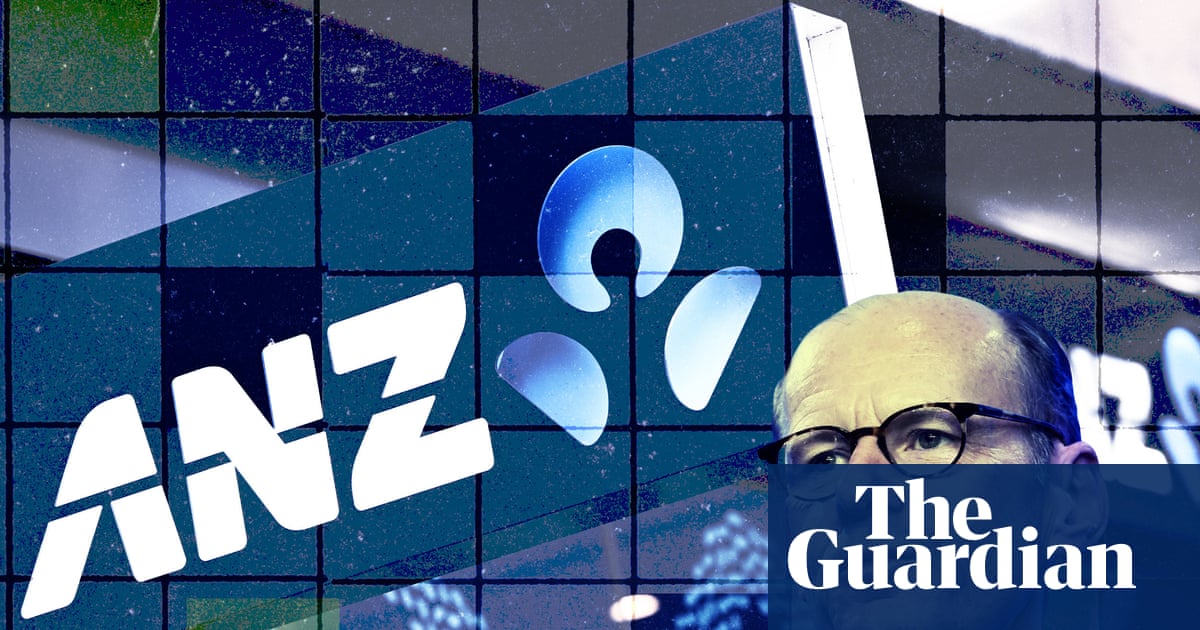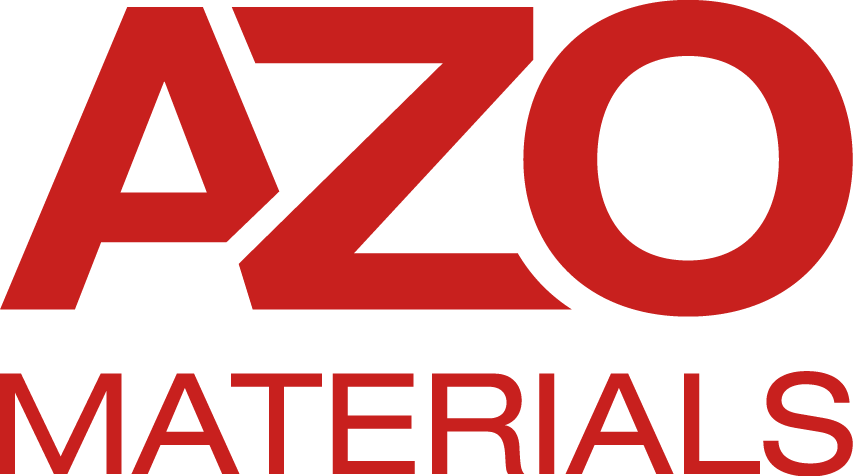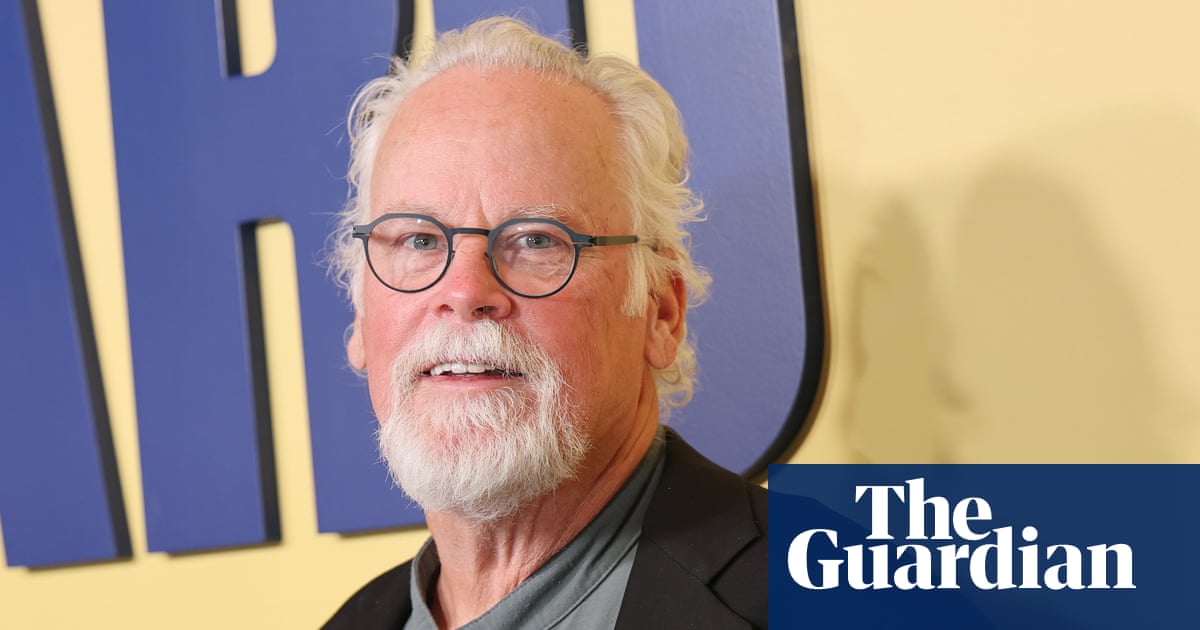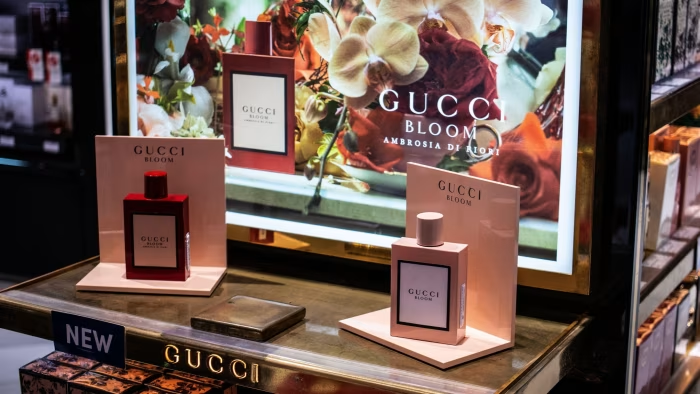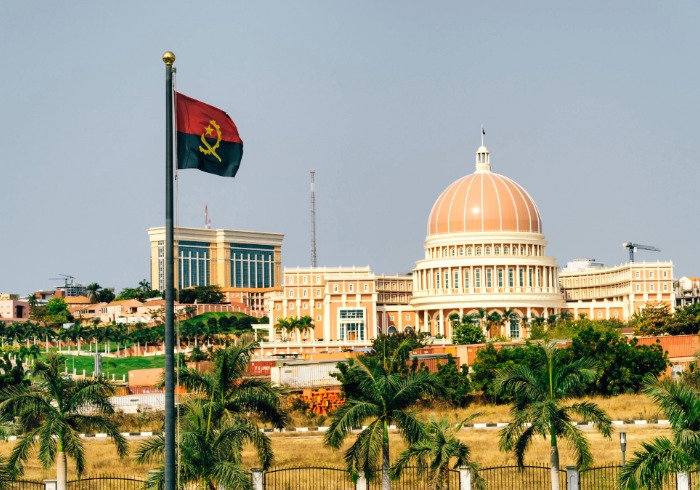The bank charged fees on dead people’s accounts, ignored hardship notices and misled customers. But over those same three years, ANZ bosses were awarded more than $26m in bonuses.
Now, shareholder proxy firms are waiting until December to see whether bonuses will be cut in response to the record $240m in fines given for ANZ’s widespread misconduct.
The short-term bonuses, awarded to 11 executives between 2021-22 and 2023-24, have been condemned as indefensible and “completely out of touch” by the Finance Sector Union, which has been assisting some of the 3,500 ANZ staff whose jobs will be cut by next September.
The bonuses have also been criticised by the Greens as an example of “how broken the system is”, with the total amount paid out over the three-year period exceeding some of the fines ANZ received from the Australian Securities and Investments Commission (Asic).
Ahead of a shareholder revolt at last year’s annual general meeting, ANZ’s former chief executive Shayne Elliott gave up a long-term bonus worth $3.2m. But Elliott’s short-term bonuses of $5.5m over the three years were not affected.
Other top executives were paid $3.2m, $3.1m and $2.8m in bonuses during the three-year period.
“That’s indefensible and completely out of touch with what the community expects,” said the FSU’s national president, Wendy Streets.
“At a time when ANZ is slashing 3,500 roles to save $800m offshoring jobs and apologising for compliance failures, these payouts are tone-deaf and unjustifiable.”
Corporate bonuses in focus
The ANZ case is just one example of bonuses being awarded to top staff, despite community outrage and regulatory action over a company’s conduct.
Guardian Australia on Monday revealed health insurer Bupa had declared $14.1m in bonuses for senior staff a year before it agreed to pay a $35m fine for “unconscionable conduct”. The chief executive of the childcare giant G8 Education also secured a short-term bonus of $534,426 last year, despite multiple safety breaches and the employment of a man subsequently charged with child sexual offences
In ANZ’s case, the bank last month accepted its failure to respond to 488 customers who submitted hardship notices between May 2022 and September 2024, which resulted in the $240m in penalties. In some cases, ANZ took more than two years to respond to requests for help.
It was separately ordered to pay a $25m fine for failing to provide promised benefits to customers in 2022. ANZ also faced a $10m fine for contravening the credit act during the same financial year, while separately helping the sovereign debt management agency with a $14bn bond issuance in a way that exposed the government to a “significant risk of harm”, according to the financial regulator.
In that same financial year, eight senior ANZ executives received short-term annual bonuses worth $8.24m – an average of $1m each.
The following financial year, ANZ was ordered to pay a $15m fine for misleading customers about credit available in their accounts. It also faced a $900,000 fine for breaching continuous disclosure obligations. In August 2023, it told the government it overstated bonds trading data, describing this as an “unacceptable failure”.
after newsletter promotion
But during that 12-month period, 11 senior executives were paid short-term bonuses totalling $10.5m.
These payments were roughly 58% of the maximum bonus available, which was less than the 66% average across the ASX200, according to an analysis by the Australian Council of Superannuation Investors (Acsi).
On 2 July 2024, ANZ was sanctioned for not stopping or refunding fees charged to dead people between July 2019 and September 2023. Almost 19,000 customers were affected. The Banking Code Compliance Committee described the breaches as serious and systemic.
ANZ declined to comment when contacted last week over its payment of bonuses.
The bank has apologised on numerous occasions for the breaches and pledged to overhaul its culture.
In September, the bank’s chair, Paul O’Sullivan, said more than 50 “accountability reviews” had been conducted in its markets division as a result of Asic’s action.
“It has resulted in significant impacts to variable remuneration for certain individuals,” O’Sullivan said last month. Those impacts will not be known until later this year shortly before the bank’s annual general meeting in December.
The Greens senator Nick McKim said the lucrative bonuses showed “how broken the system is”.
“The culture at the top of Australia’s banks hasn’t changed since the royal commission,” McKim said, adding the people who presided over the bank at the time of the wrongdoing “are still cashing in”.
According to Acsi’s research, only one of 142 chief executives at ASX200 companies who were eligible for a bonus didn’t receive one last financial year.
